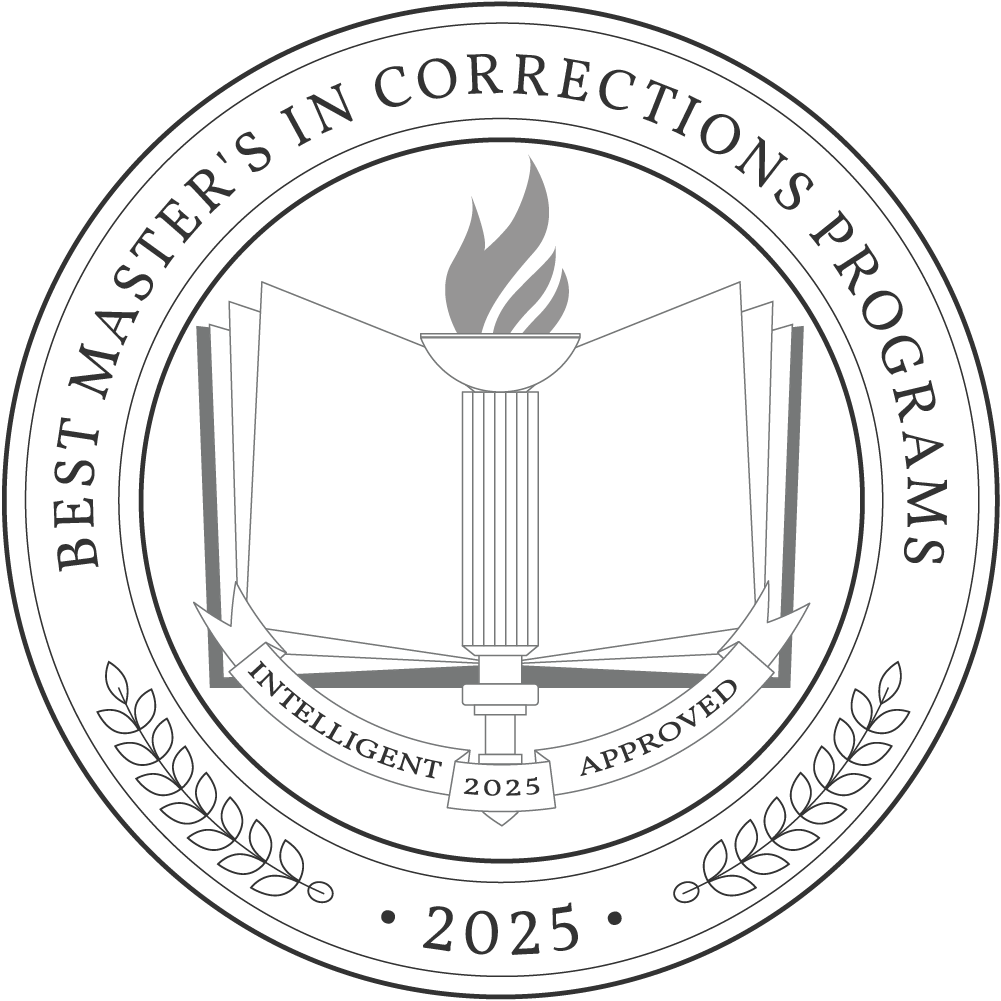For those already working in criminal justice or corrections eager to climb the career ladder, pursuing a master’s in corrections degree could be the key to achieving advanced positions and a higher earning potential. These programs are designed to elevate your understanding of the corrections system, honing the skills necessary for roles such as correctional treatment specialist, with a median salary of $59,860, and police officer, with a median salary of $69,170. While not a prerequisite, a graduate degree can distinguish you as a job candidate, offering the potential for leadership opportunities and the possibility of exceeding the average pay bracket — with the top 10% of police officers earning upwards of $109,580.
Completion times for these degrees vary from 18 months to two years, depending on whether you’re studying full-time or part-time. This commitment represents a significant investment in your future, with the average graduate tuition at $19,749 for the 2020-2021 academic year.
Why Trust Us
The Intelligent.com Higher Education Team is dedicated to providing students with independent, equitable school and program rankings and well-researched resources. Our expert-driven articles cover topics related to online colleges and programs, paying for school, and career outlooks. We use data from the U.S. Department of Education’s College Scorecard, the National Center for Education Statistics, and other reputable educational and professional organizations. Our academic advisory team reviews content and verifies accuracy throughout the year for the most current information. Partnerships do not influence rankings or editorial decisions.
- Analyzed over 2,000 national, accredited, and nonprofit colleges and universities
- 800+ rankings pages are reviewed and updated yearly
- Content is informed by reputable sources, surveys, and interviews with academic advisors and other experts
- Over 100 data points are reviewed for accuracy and quality throughout the year, including sources
How we rank schools
Our list features the best Corrections degree programs at top colleges nationwide. Each school featured is a nonprofit, accredited institution — either public or private — with a high standard of academic quality for post-secondary institutions.
We evaluated each school’s program on tuition costs, admission, retention and graduation rates, faculty, reputation, and the student resources provided for online students. We collected data from trusted sources like the National Center for Education Statistics, individual school and program websites, school admissions counselors, and other data sources. Then, we calculated the Intelligent Score on a scale of 0 to 100 based on the following criterion:
Academic Quality:
- Admission rate versus enrollment rate
- Retention rate of students who return after year one
- Accreditation status (regional and programmatic)
- Nonprofit status, both private and public institutions
Graduation Rate
- Overall graduation rate
- Total number of currently enrolled students, including diversity metrics
- Student-to-faculty ratio
Cost and ROI
- In-state and out-of-state per-credit tuition rates and fees
- Required credits to graduate
- Earning potential after graduation
- Availability of federal student loans, scholarships, and other financial aid options
Student Resources
- Available student services for online-only and hybrid programs
- On-campus amenities like tutoring centers and the number of libraries
Read more about our ranking methodology.
Best 30 Accredited Master’s in Corrections Programs
FiltersInstitution Type
Status
- Intelligent Score
- Alphabetically By University Name
- Acceptance Rate
- Enrollment
- In-state Graduate Tuition
- Out-of-state Graduate Tuition
- In-state Undergraduate Tuition
- Out-of-state Undergraduate Tuition

University of Alabama at Birmingham
Intelligent Score: 98.73In-state: $34,627
Out-of-state: $51,815
In-state: $16,793
Out-of-state: $16,793
SAT: NA
ACT: NA
In-State: $468
Out-of-State: $1,142
On-Campus
Southern Association of Colleges and Schools Commission on Colleges
30-33

University of Massachusetts Lowell
Intelligent Score: 97.61In-state: $15,791
Out-of-state: $35,779
In-state: $14,014
Out-of-state: $14,014
SAT: 1200-1390
ACT: 27-32
In-State: $873
Out-of-State: $1,577
On-Campus, Online
WASC Senior College and University Commission
33
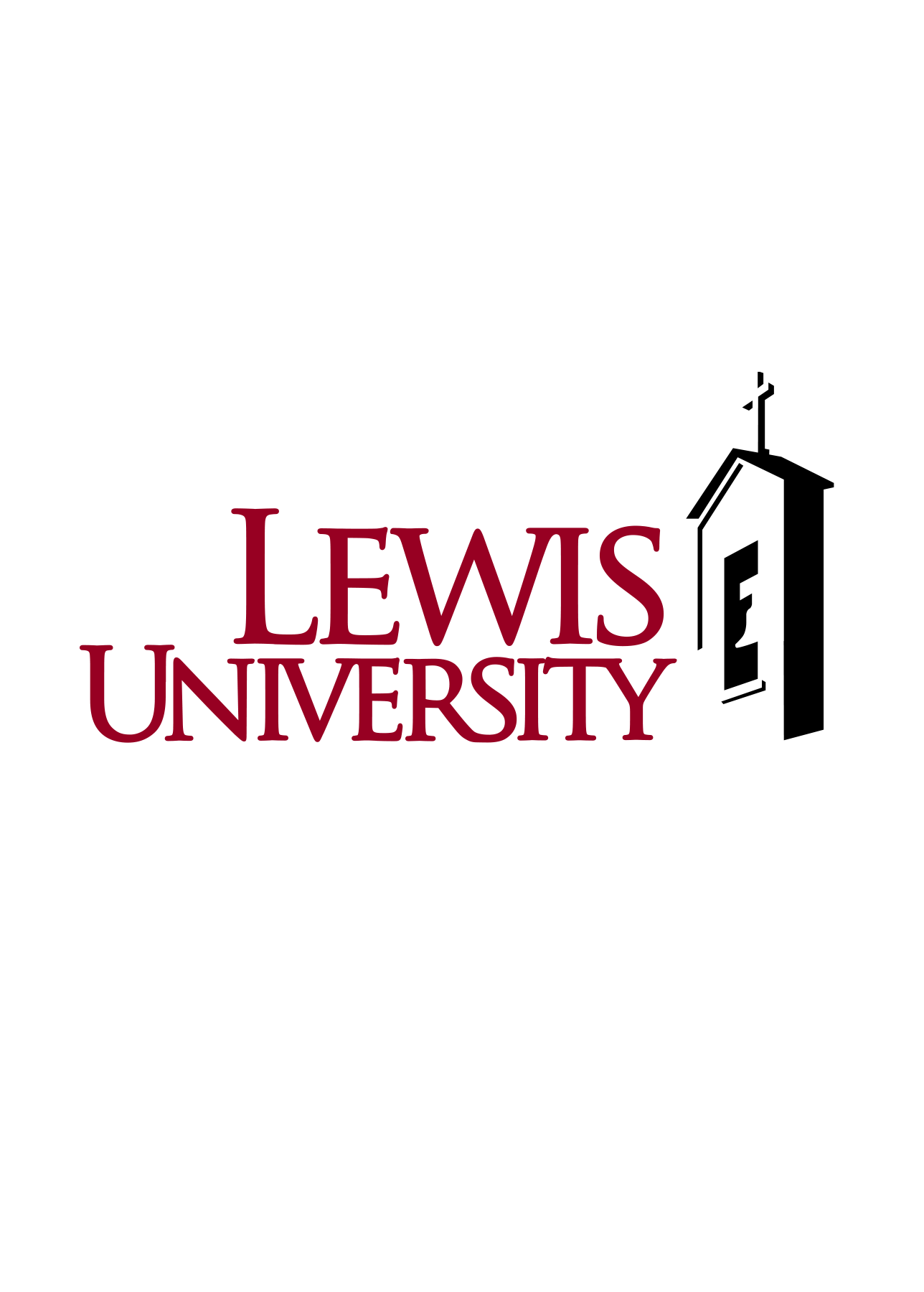
Lewis University
Intelligent Score: 96.99In-state: $34,268
Out-of-state: $34,268
In-state: $14,580
Out-of-state: $14,580
SAT: 1010-1220
ACT: 21-27
$620
On-Campus, Online
Higher Learning Commission
36
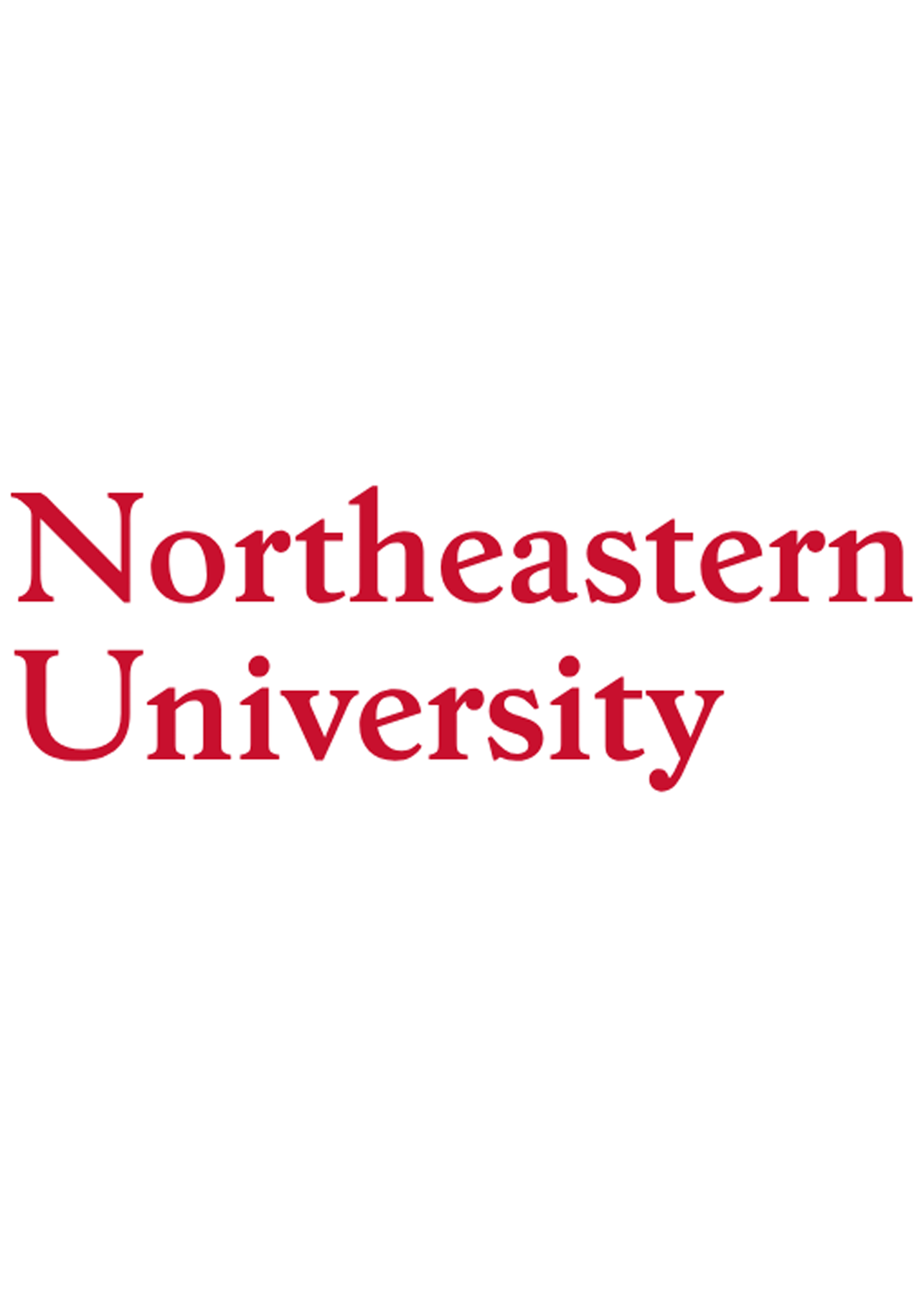
Northeastern University
Intelligent Score: 96.95In-state: $54,360
Out-of-state: $54,360
In-state: $25,264
Out-of-state: $25,264
SAT: 1410-1540
ACT: 33-35
$1,011
On-Campus, Online
New England Commission of Higher Education
32-34
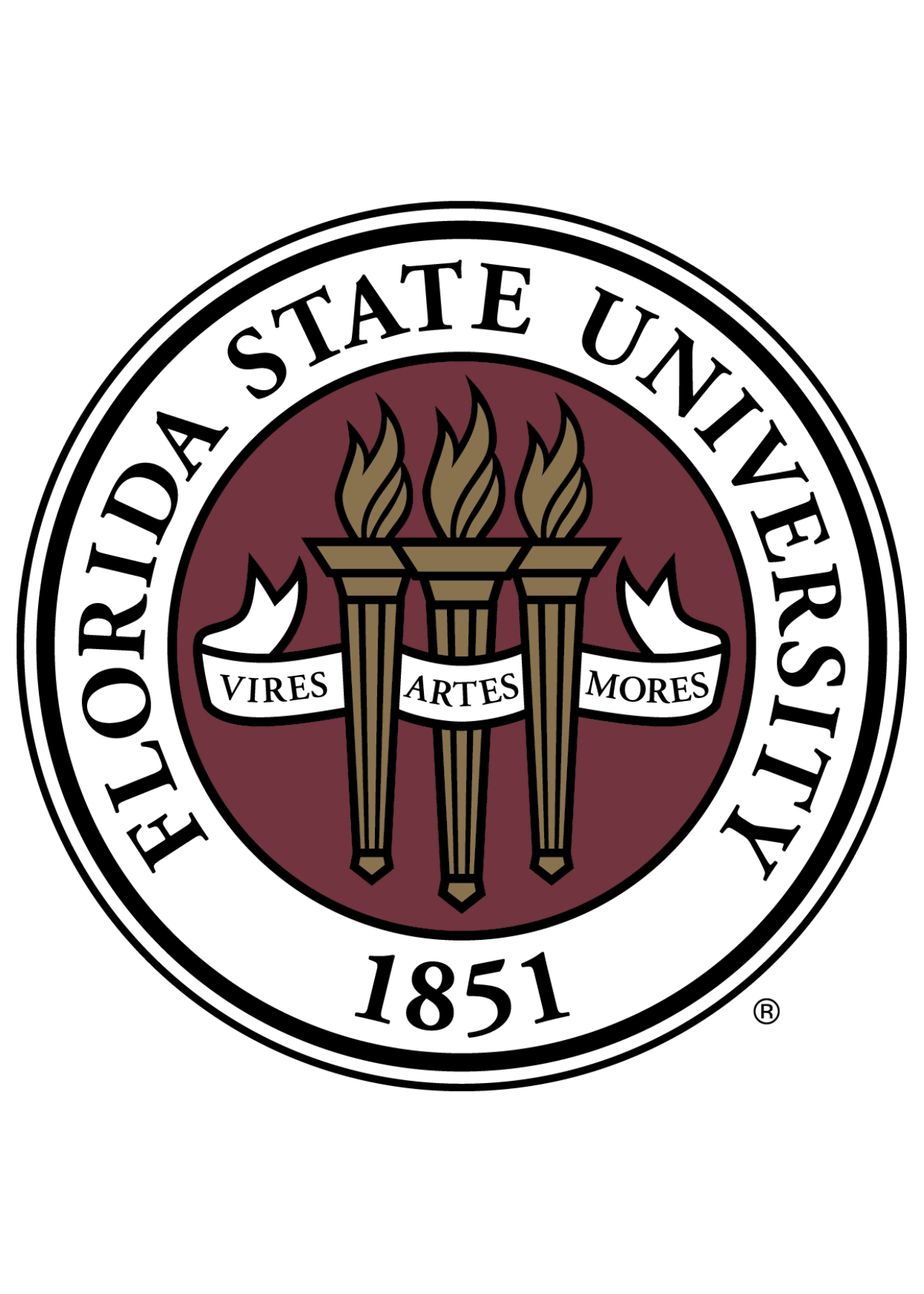
Florida State University
Intelligent Score: 96.59In-state: $4,640
Out-of-state: $19,084
In-state: $9,684
Out-of-state: $9,684
SAT: 1220-1350
ACT: 27-31
In-State: $479
Out-of-State: $1,110
On-Campus
Southern Association of Colleges and Schools Commission on Colleges
33
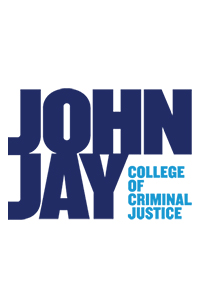
John Jay College of Criminal Justice
Intelligent Score: 94.83In-state: $32,657
Out-of-state: $40,607
In-state: $40,813
Out-of-state: $40,813
SAT: 920-1060
ACT: 17-21
In-State: $470
Out-of-State: $855
On-Campus, Online
Middle States Commission on Higher Education
30-36
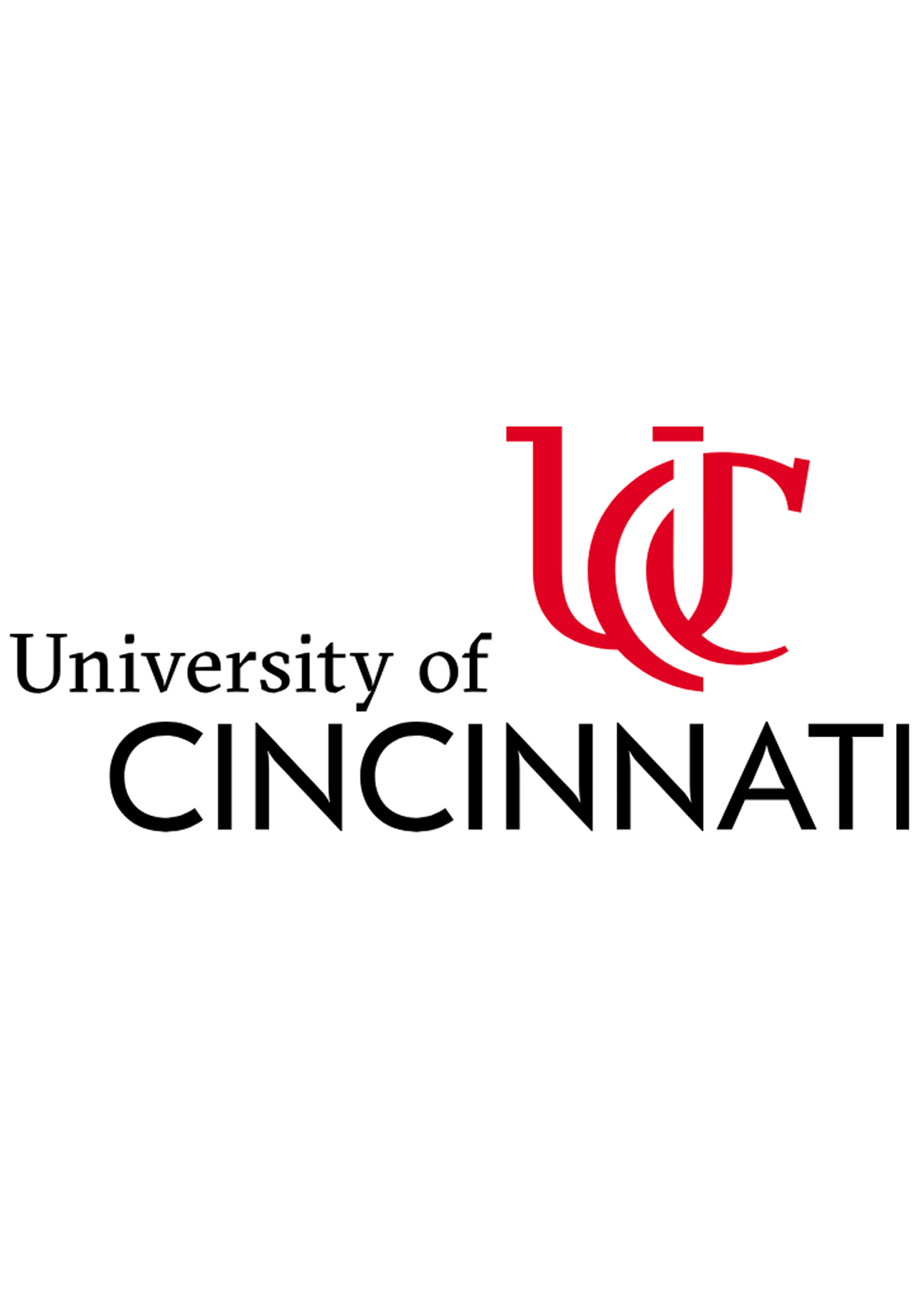
University of Cincinnati
Intelligent Score: 93.34In-state: $9,723
Out-of-state: $25,057
In-state: $13,224
Out-of-state: $13,224
SAT: 1120-1330
ACT: 23-29
$661
On-Campus
Higher Learning Commission
30
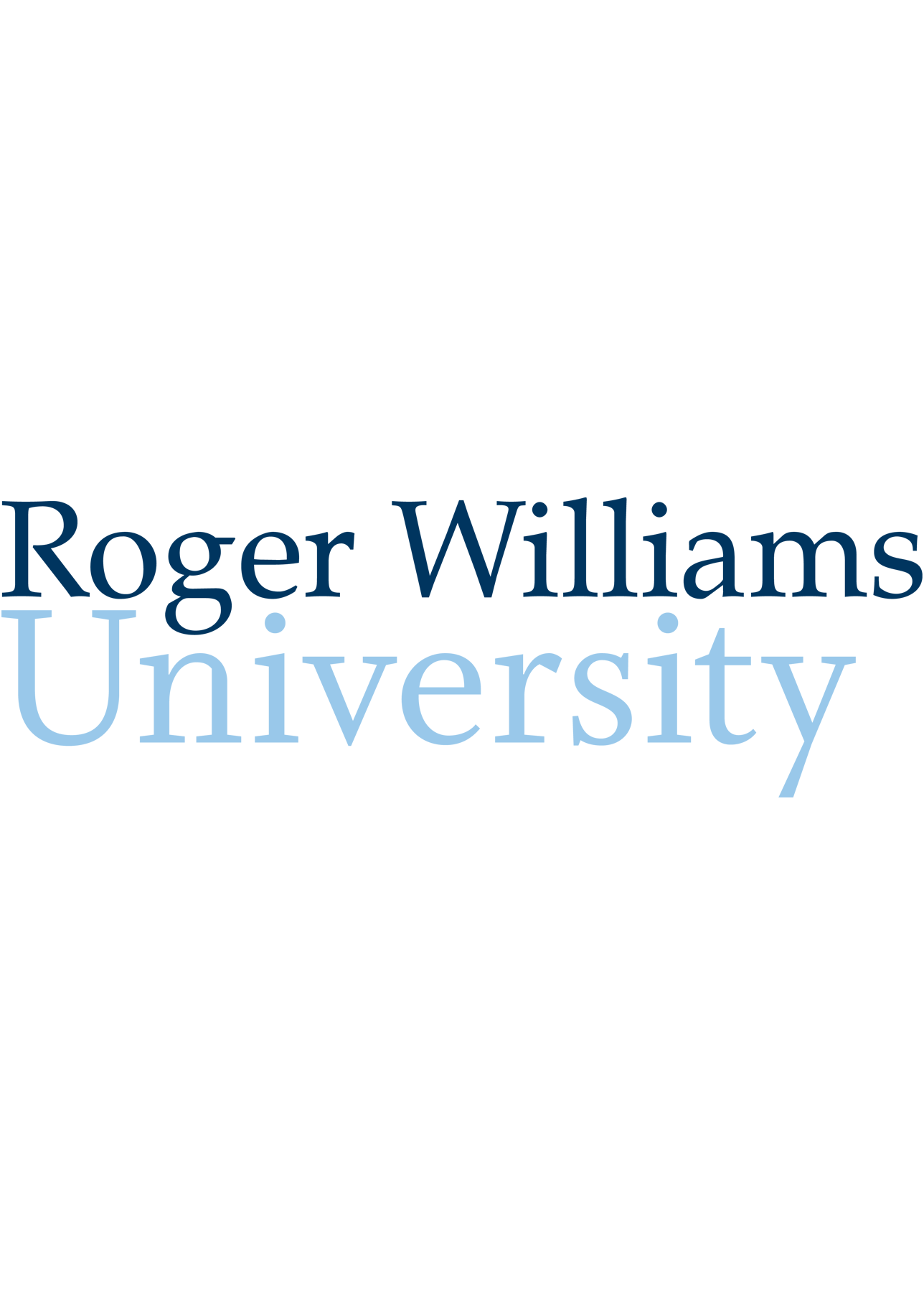
Roger Williams University
Intelligent Score: 91.89In-state: $34,402
Out-of-state: $34,402
In-state: $17,016
Out-of-state: $17,016
SAT: N/A
ACT: N/A
$719
On-Campus, Online, Hybrid
New England Commission of Higher Education
36

Suffolk University
Intelligent Score: 91.52In-state: $41,242
Out-of-state: $41,242
In-state: $39,914
Out-of-state: $39,914
SAT: 1010-1203
ACT: 21-26
$1,497
On-Campus
New England Commission of Higher Education
30
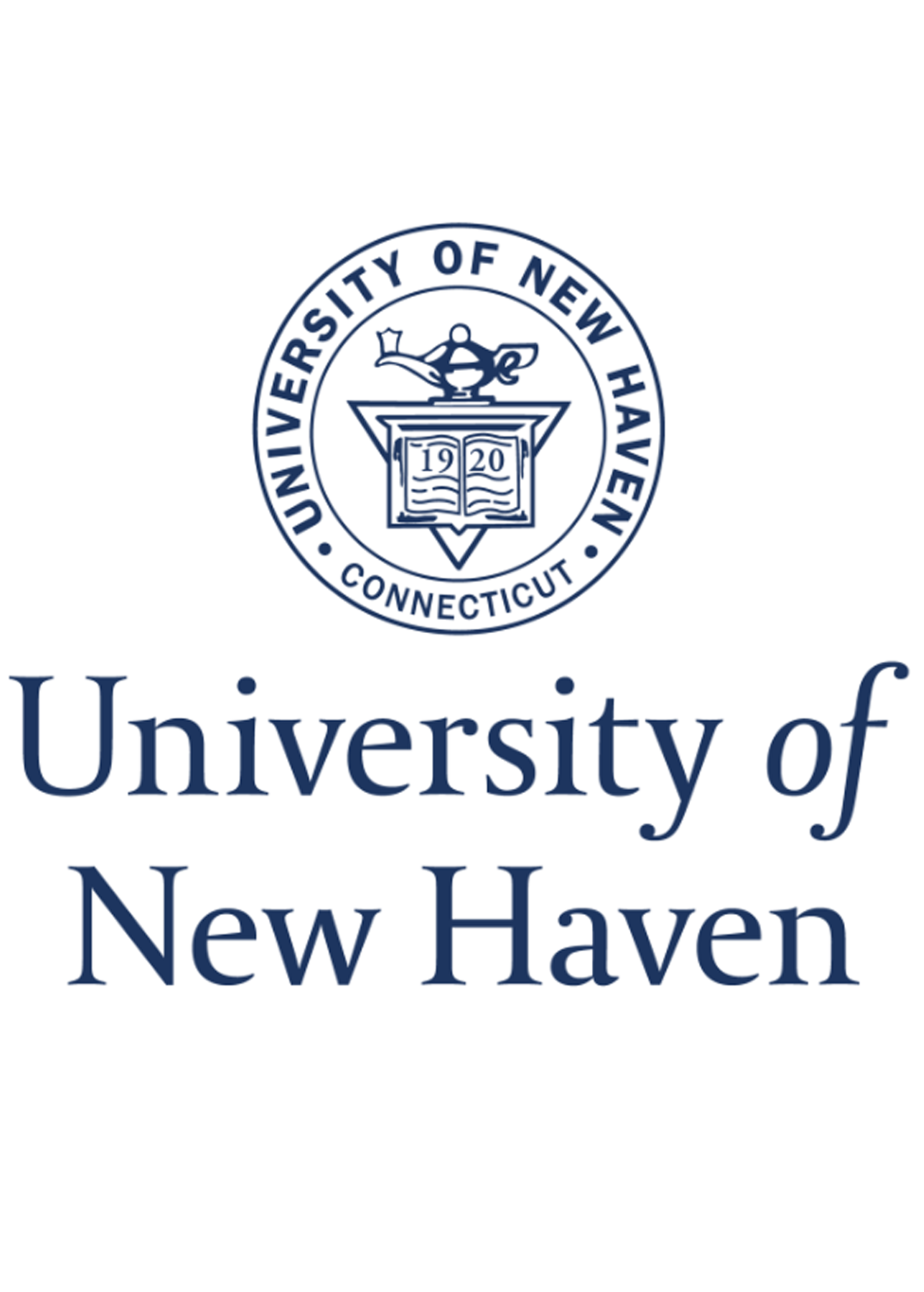
University of New Haven
Intelligent Score: 89.17In-state: $40,170
Out-of-state: $40,170
In-state: $17,370
Out-of-state: $17,370
SAT: 1050-1220
ACT: 22-28
$1,055
On-Campus
New England Commission of Higher Education
33-36
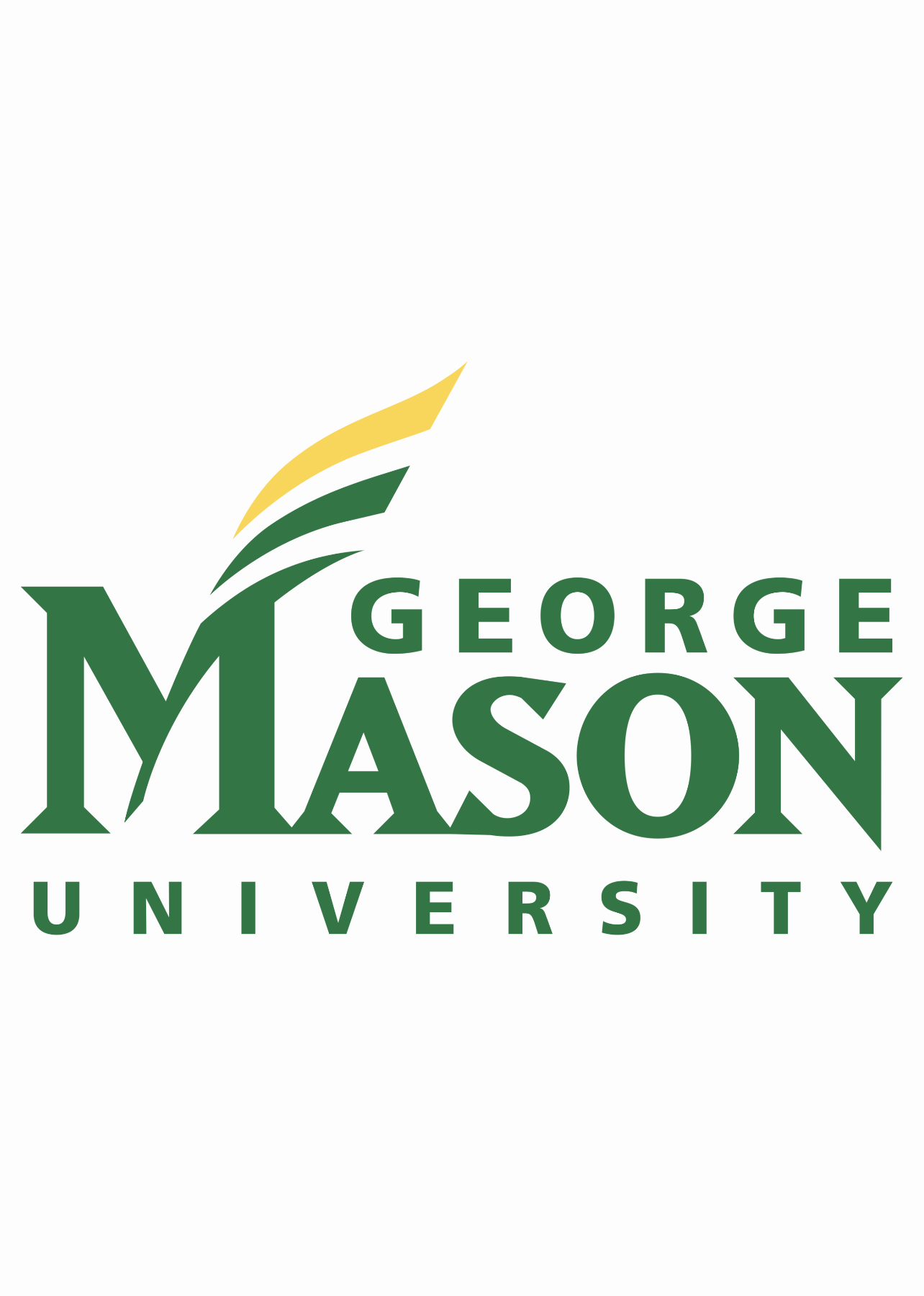
George Mason University
Intelligent Score: 88.72In-state: $9,510
Out-of-state: $32,970
In-state: $12,594
Out-of-state: $12,594
SAT: 1100-1300
ACT: 24-30
In-State: $729
Out-of-State: $1,643
On-Campus
Southern Association of Colleges and Schools Commission on Colleges
30

University of Central Florida
Intelligent Score: 88.29In-state: $4,478
Out-of-state: $19,810
In-state: $6,916
Out-of-state: $6,916
SAT: 1160-1340
ACT: 25-30
In-State: $369
Out-of-State: $1,194
On-Campus, Online
Southern Association of Colleges and Schools Commission on Colleges
36
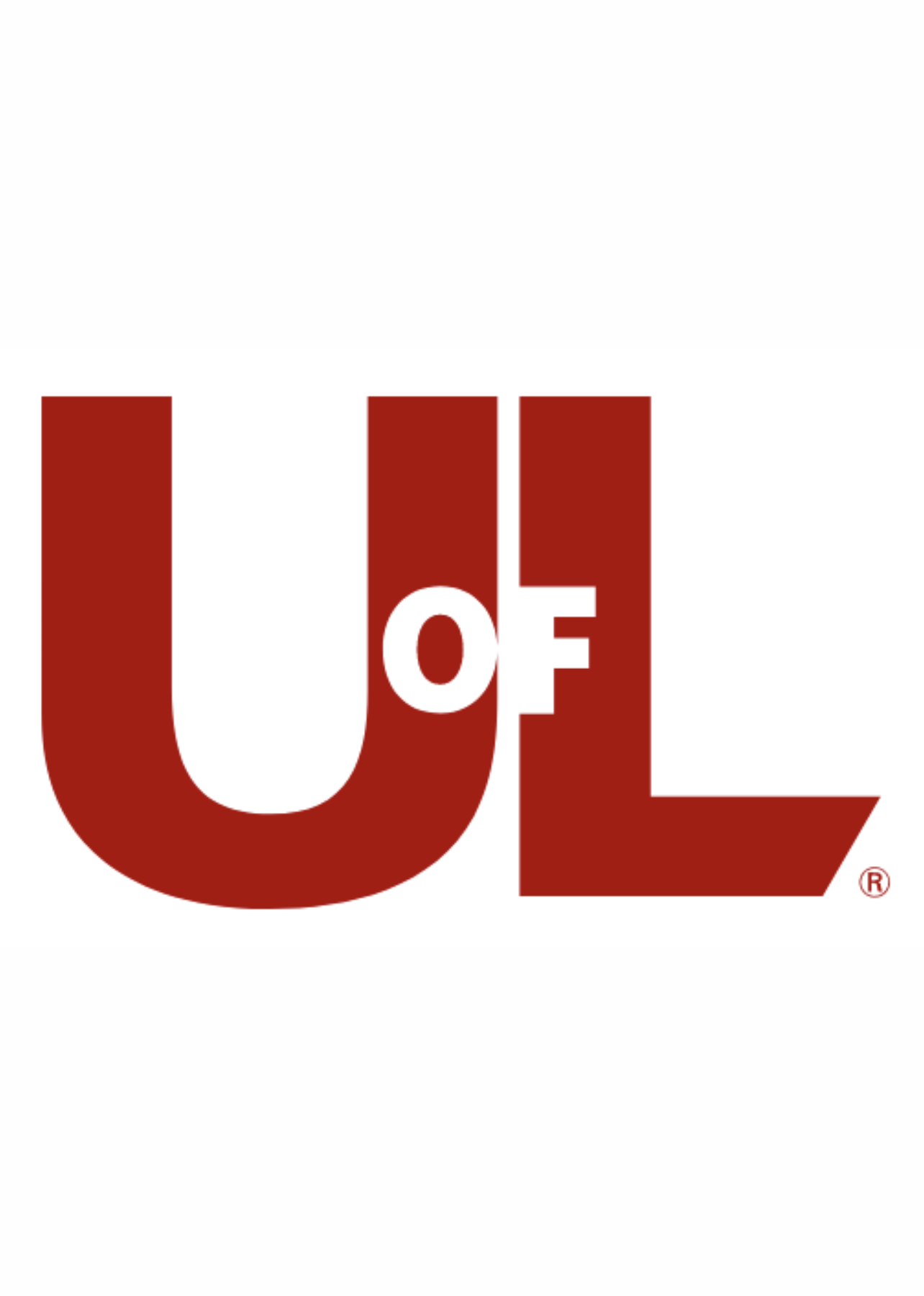
University of Louisville
Intelligent Score: 87.05In-state: $11,966
Out-of-state: $28,312
In-state: $13,260
Out-of-state: $13,260
SAT: 1050-1270
ACT: 21-28
In-State: $791
Out-of-State: $1,606
On-Campus, Online
Southern Association of Colleges and Schools Commission on Colleges
36

North Dakota State University
Intelligent Score: 86.64In-state: $8,606
Out-of-state: $12,909
In-state: $7,013
Out-of-state: $7,013
SAT: 1028-1243
ACT: 20-26
In-State: $421
Out-of-State: $632
On-Campus
Higher Learning Commission
30
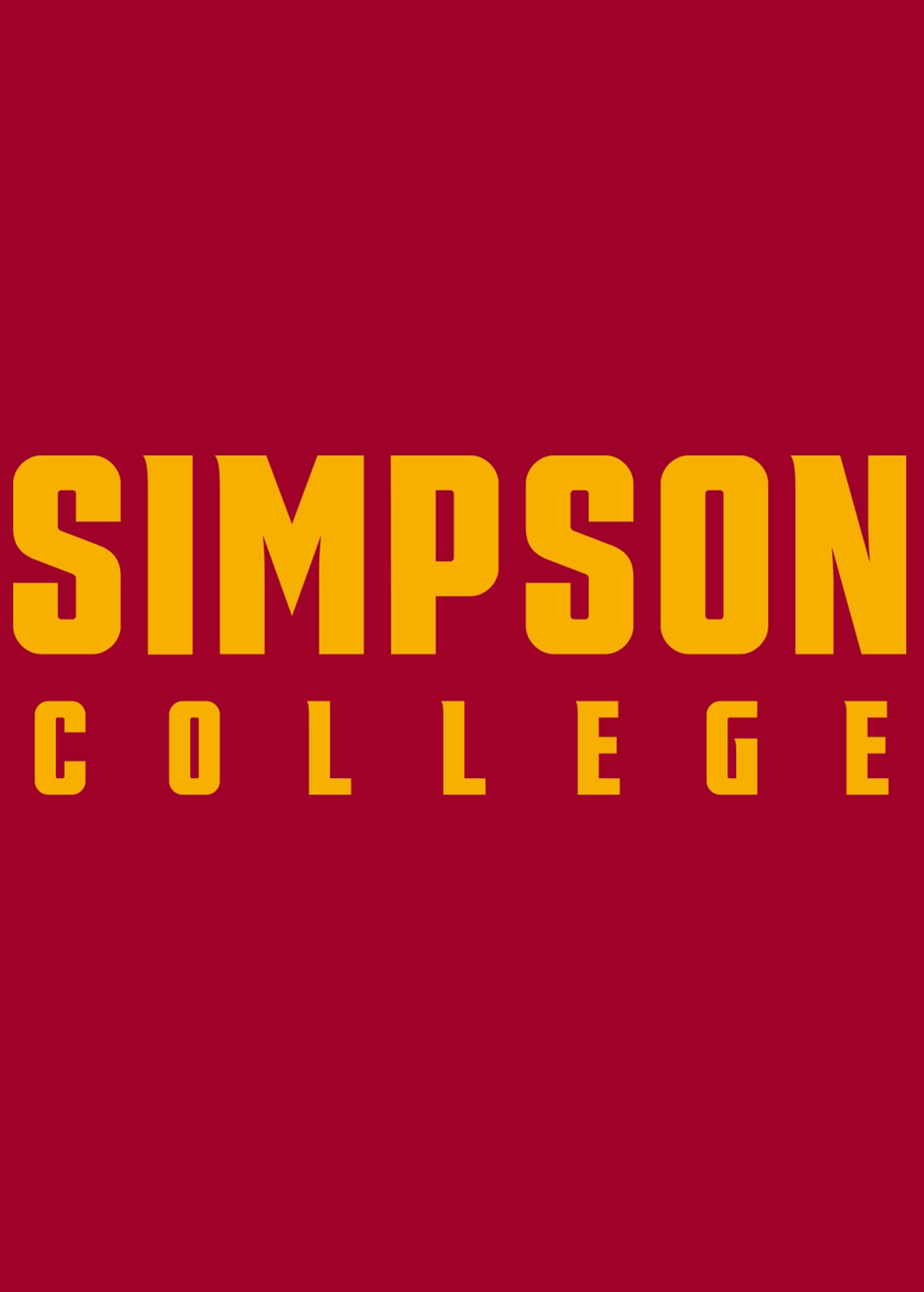
Simpson College
Intelligent Score: 85.99In-state: $41,466
Out-of-state: $41,466
In-state: $8,758
Out-of-state: $8,758
SAT: 1070-1200
ACT: 20-26
$565
On-Campus
Higher Learning Commission
36
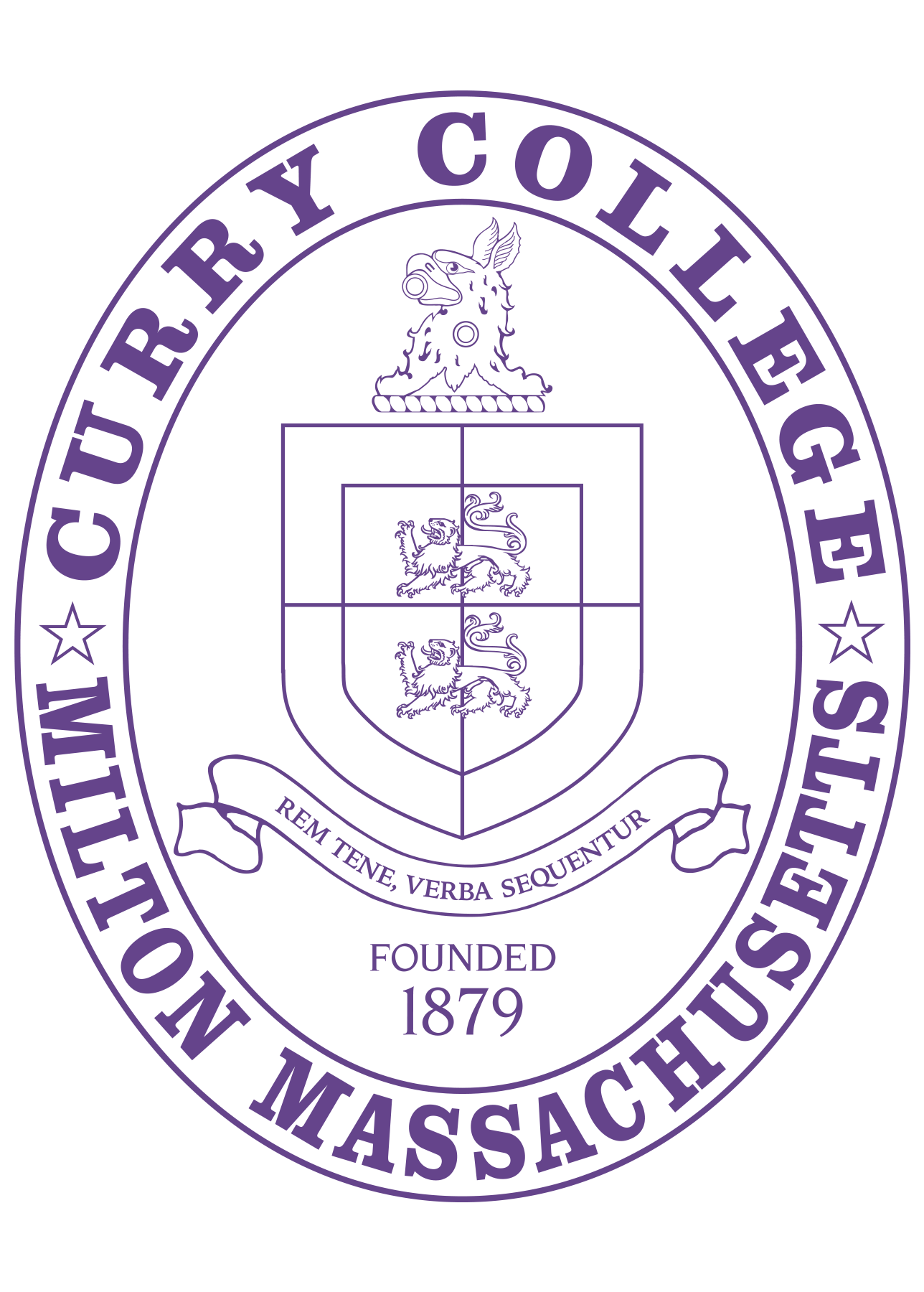
Curry College
Intelligent Score: 84.57In-state: $40,080
Out-of-state: $40,080
In-state: $15,114
Out-of-state: $15,114
SAT: 990-1120
ACT: N/A
$742
On-Campus
Higher Learning Commission
30

Keiser University
Intelligent Score: 84.01In-state: $19,808
Out-of-state: $19,808
In-state: $27,162
Out-of-state: $27,162
SAT: N/A
ACT: N/A
$1,165 - $1,554
On-Campus
Southern Association of Colleges and Schools Commission on Colleges
33
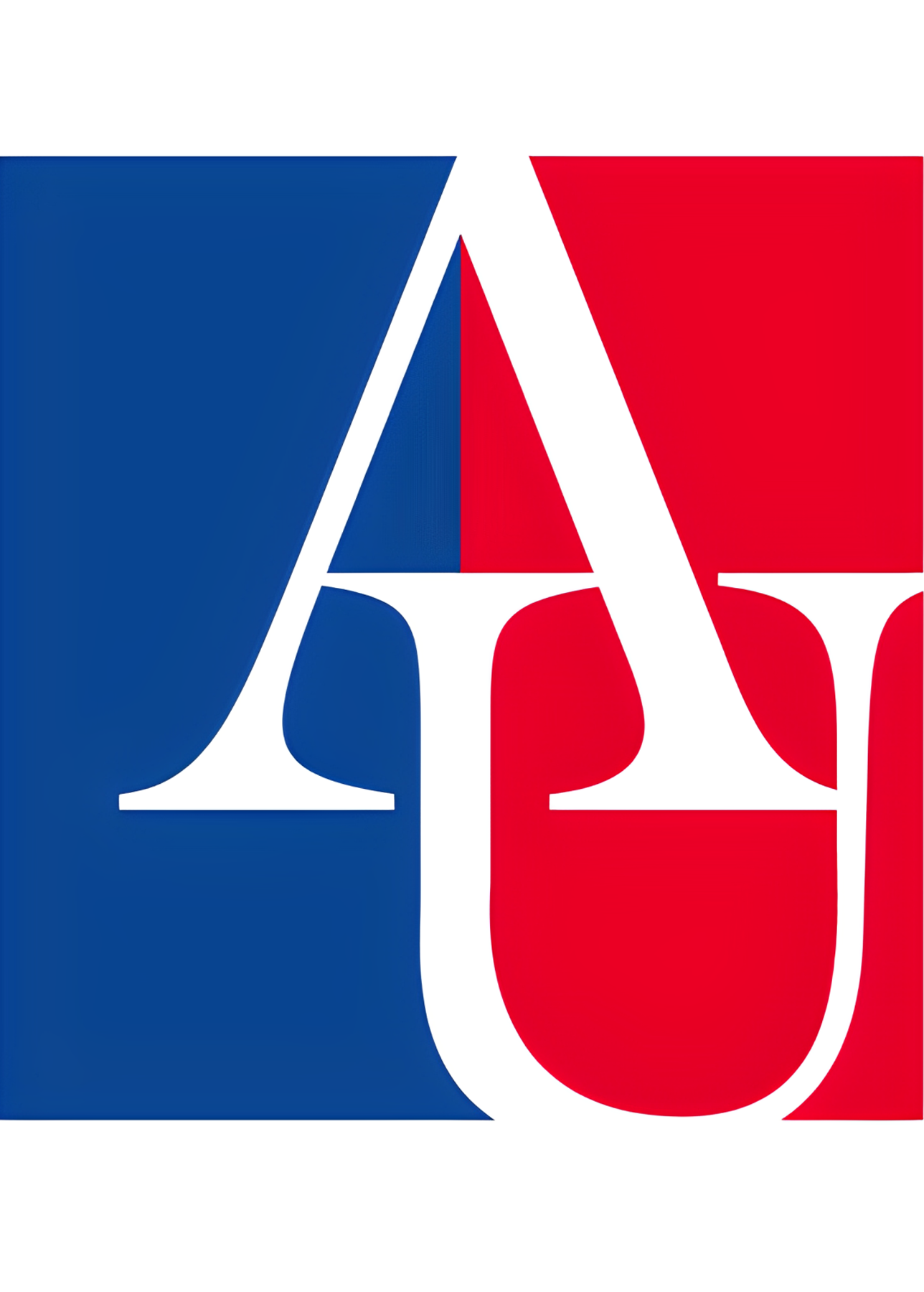
American University
Intelligent Score: 83.35In-state: $50,542
Out-of-state: $50,542
In-state: $34,533
Out-of-state: $34,533
SAT: 1220-1390
ACT: 27-32
$2,000
On-Campus
Middle States Commission on Higher Education
33
How to Choose a Master’s in Corrections Program
Choose your area of study
When considering an area of study for your master’s in corrections degree program, you should reflect on your career goals and the roles you’d like to pursue post-graduation. This self-awareness is crucial for tailoring your research and selecting a specialization that aligns with your professional objectives.
While specialization options may vary by institution, some options might include correctional administration for those interested in leadership and operational management; rehabilitation services, ideal for individuals enthusiastic about inmate rehabilitation and reentry programs; and legal and policy frameworks for those keen on shaping correctional policies or advocating for justice reform.
Research schools and programs
Researching schools and programs is critical now that you’ve chosen your specialization. To guide your research, consider the following questions:
- Does a recognized accrediting body accredit the program?
- What specific courses and electives are offered in my area of interest?
- What are the faculty’s qualifications and research interests?
- Are there opportunities for internships or practical experience?
- What are the program’s graduation rates and alumni success stories?
The program’s official website is the most streamlined way to gather this information. Still, many students benefit from consulting with an admission counselor or attending an information session for the programs they’re interested in.
Prepare for tests and applications
To best prepare for tests and applications, you’ll need to start early and double-check each program’s deadlines, making sure you stay on track. Some students benefit from constructing a timeline, and while this may be slightly different depending on each institution’s requirements, a general timeline might look like this:
- Six months before deadlines: Enroll in a test prep program if GRE scores are required.
- Four months before: Begin drafting your personal statement, allowing plenty of time for revisions.
- Three months before: Request transcripts and letters of recommendation, giving your recommenders enough time to write thoughtful responses.
Starting early and organizing your application process with these timelines can help reduce stress and increase your chances of submitting a strong application.
Select your program
The arrival of acceptance letters is always exciting, but it can mean you have a big decision to make.
Fortunately, you can simplify this process by revisiting your initial research criteria. Take some time to focus on what matters most to you in your educational experience — whether it be the faculty you’ll learn from, curriculum relevance, or the program’s alumni network. At the same time, consider the overall cost of attendance alongside any financial aid opportunities, including scholarships and assistantships.
Reflecting on these factors ensures that your chosen program aligns with your academic and professional goals while fitting your financial circumstances — ultimately leading to a more fulfilling academic journey.
Determine how you’ll pay for your degree
When earning your degree, you’ll want to avoid accruing significant debt. This may seem daunting, but there are many financial aid resources to help you navigate this part of the process.
Begin with scholarships and grants, which don’t require repayment, making them the most desirable option. Next, consider assistantships, which offer tuition waivers or stipends for research or teaching responsibilities. If you’re already employed in corrections, ask about employer tuition reimbursement programs, which can significantly reduce out-of-pocket expenses.
If you’re left with financial gaps, consider federal loans to help bridge those gaps. Just be sure to be mindful and only borrow what is necessary so you can avoid overborrowing.
What Can You Expect From a Master’s in Corrections Program?
A master’s in corrections degree program provides specialized training for those wanting to secure leadership and administration positions within the corrections sector. Curriculums delve into the intricacies of the criminal justice system, correctional theory, rehabilitation methods, and the management of correctional facilities.
As a student, you’ll gain a significant understanding of policies, ethical considerations, and the psychological aspects of crime and rehabilitation. Upon graduation, you can expect to have acquired the skills necessary for critical decision-making, effective management, and strategic planning in correctional settings.
These programs often culminate in a thesis or capstone course required for graduation. This final project is designed for students to apply their learned concepts to real-world challenges, preparing them for high-level roles in corrections administration and policy-making.
Most programs can be completed within two years, depending on whether you enroll full- or part-time.
Potential courses you’ll take in a master’s in corrections program
- Correctional Administration: A standard offering in most curriculums, this course covers the principles and practices of managing correctional institutions. Students learn about the complexities of facility management, including staff leadership, inmate rights, and operational challenges.
- Rehabilitation and Reentry Strategies: Focusing on rehabilitating offenders and their successful reintegration into society, this class explores the various theories and practical approaches to reentry. Participants analyze case studies on rehabilitation programs and develop skills to design effective strategies that reduce recidivism and promote public safety.
- Criminal Justice Policy and Reform: In this course, students examine the policies shaping the corrections system and the ongoing efforts toward criminal justice reform. Classes encourage critical analysis of policy effectiveness, sentencing disparities, and legislative changes’ impact on correctional practices.
- Legal Issues in Corrections: Offering an in-depth look at the legal framework governing correctional operations, this course addresses inmates’ rights, staff legal responsibilities, and the impact of recent court decisions on corrections. Learners gain a comprehensive understanding of how legal standards are applied within correctional facilities, preparing them for roles that require navigating legal complexities.
Master’s in Corrections Degree Frequently Asked Questions
How do I apply to a master's in corrections degree program?
You’ll need to prepare an application package to apply for these programs. While specific requirements may vary by institution, common criteria include:
- A bachelor’s degree from an accredited institution
- Official transcripts
- Letters of recommendation
- A personal statement or essay
- GRE scores, if required
- Relevant professional experience, preferred by some programs
Be sure to review each program’s specific requirements and deadlines before applying. Additionally, contacting an admissions counselor early on can provide valuable insights and guidance, ensuring your application meets the program’s expectations.
How much does a master's in corrections degree cost?
For the 2020-2021 academic year, the average cost of graduate tuition was $19,749. However, this figure can differ depending on the program and institution you attend.
When budgeting for this degree, it’s essential to consider additional expenses beyond tuition — such as books, supplies, accommodation, and commuting costs. These costs can add up over time and aren’t typically included in a program’s tuition price, so you’ll want to budget for them accordingly.
How long does it take to earn a master's in corrections degree?
Completing this degree takes about 18 months to two years for full-time students. Those who opt for part-time enrollment may see completion timelines extending to three or four years due to a reduced course load each semester.
It’s also important to consider each program’s total number of required credits, as this figure varies by program and can directly influence your expected graduation date.
